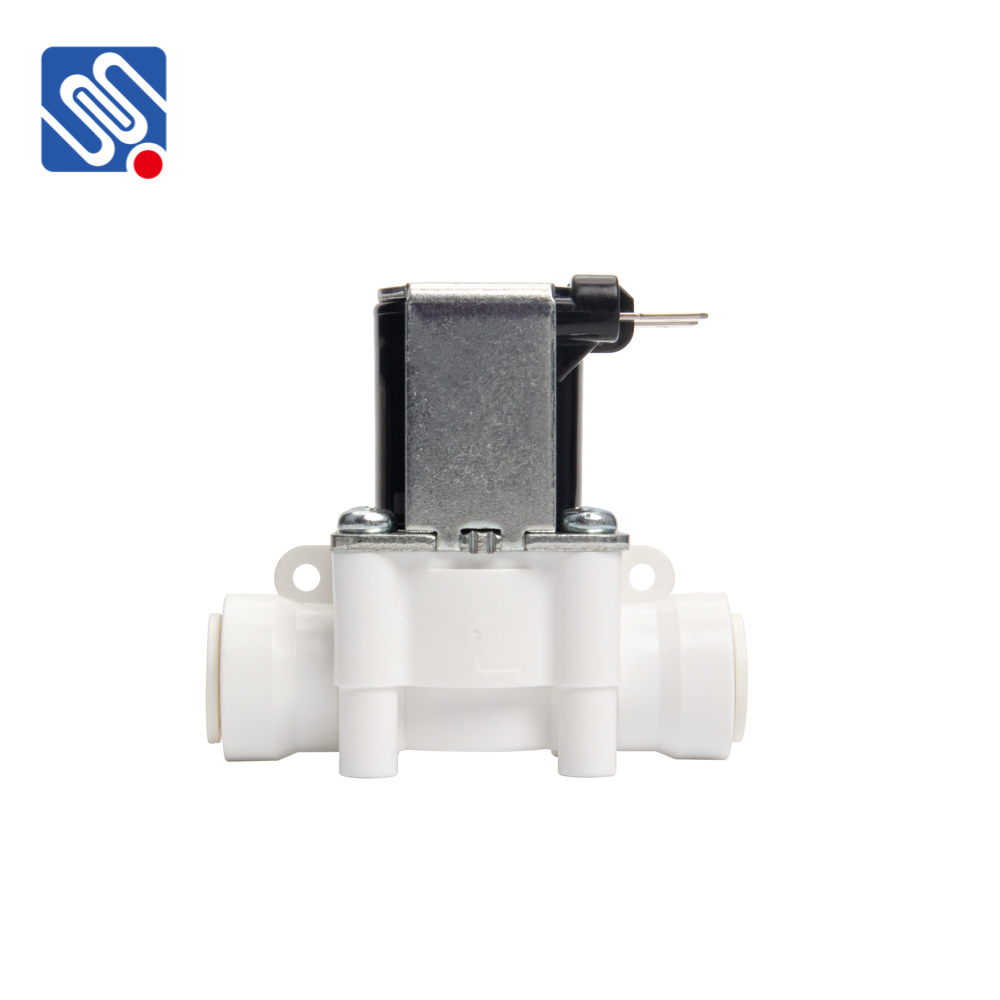The Filtration System Solenoid Valve is a crucial component in various fluid control systems, playing a significant role in ensuring the efficient operation of filtration processes. This specialized valve uses an electromagnetic mechanism to control the flow of liquids and gases in a filtration system, offering automation and precision that is vital for maintaining system integrity. Whether in water treatment plants, HVAC systems, or industrial filtration systems, this solenoid valve proves indispensable for effective filtration and fluid regulation. In this article, we will delve into the functionality, applications, and advantages of the Filtration System Solenoid Valve, exploring why it is essential in modern filtration systems.

What is a Filtration System Solenoid Valve? A Filtration System Solenoid Valve is a type of electromechanical valve that uses an electromagnetic solenoid to open or close a valve mechanism. This process controls the flow of fluid through a filtration system. The valve’s function is to regulate the passage of liquids or gases through the filter by activating or deactivating based on electrical signals. The solenoid coil inside the valve generates a magnetic field when powered, which either opens or closes the valve, allowing for precise control of fluid flow. These valves are available in various configurations, including normally closed (NC) and normally open (NO) types. In a normally closed solenoid valve, the valve remains shut when no power is supplied. When power is applied, the valve opens, allowing the flow of liquid or gas. Conversely, in a normally open valve, the flow is continuous until the solenoid coil is activated, which then shuts the valve.